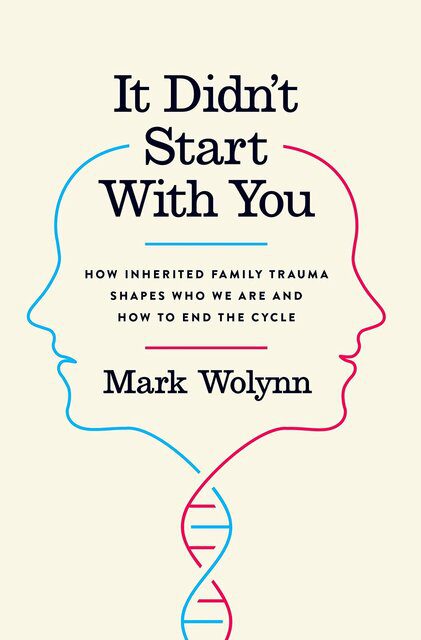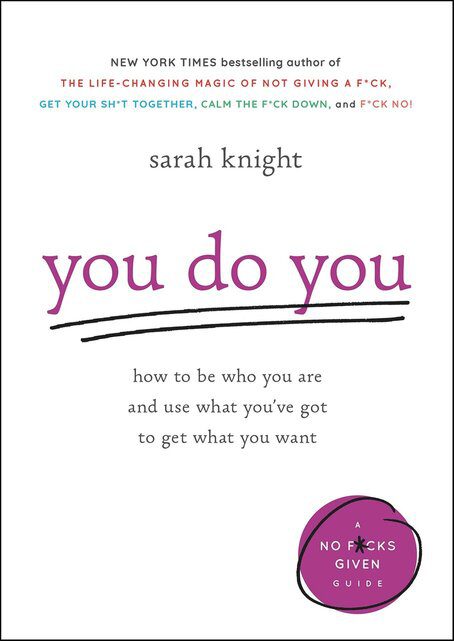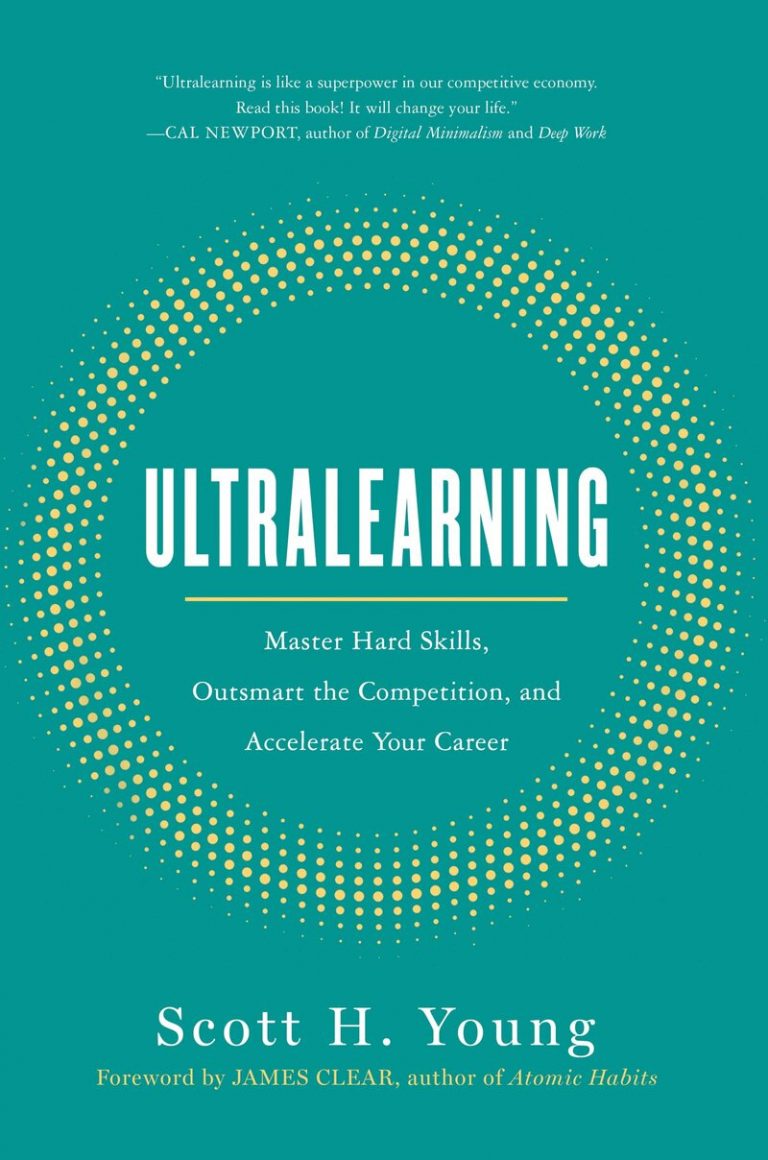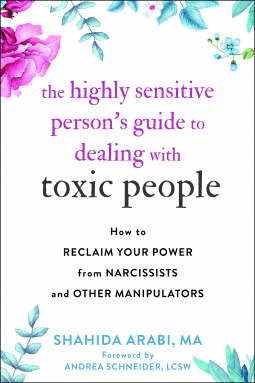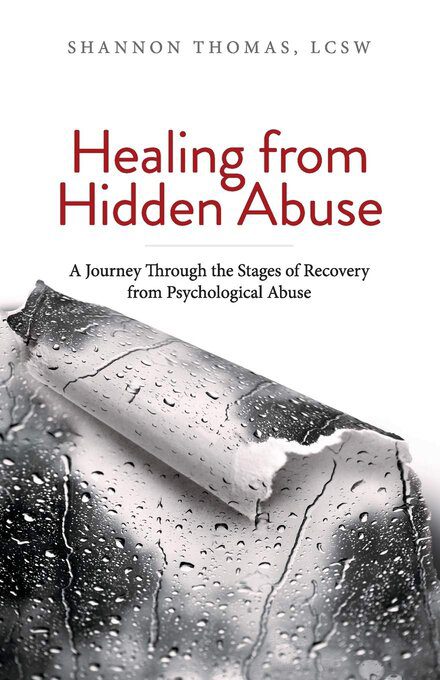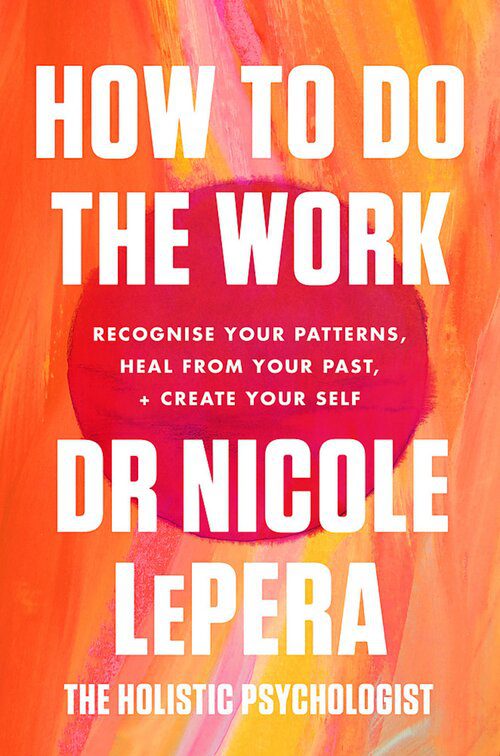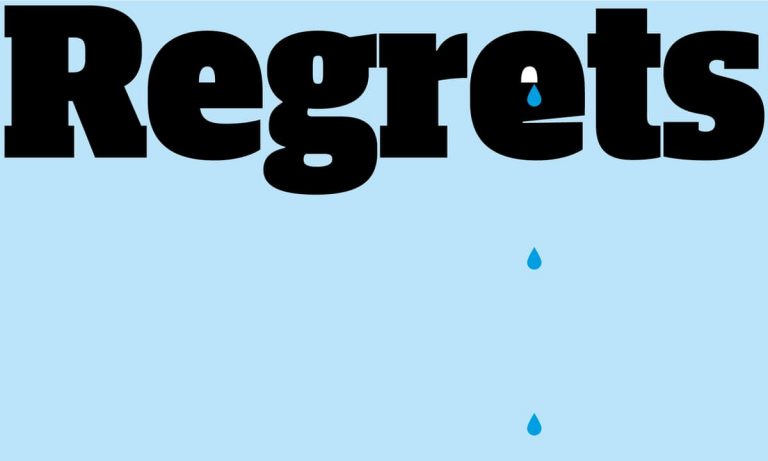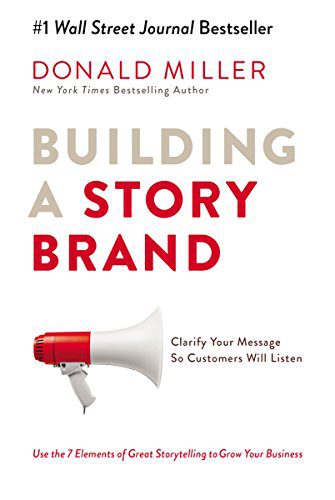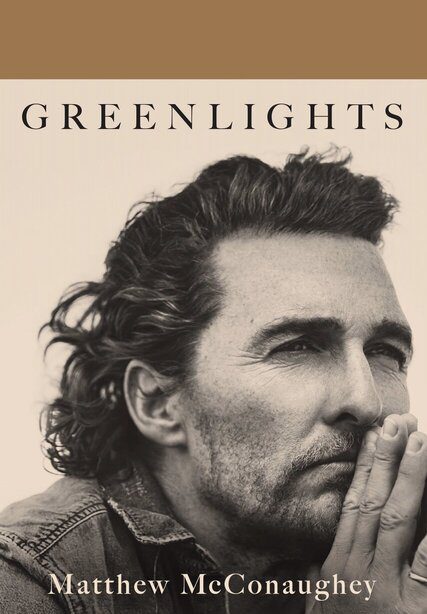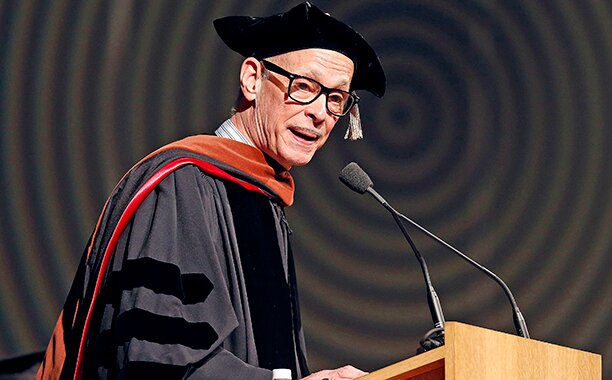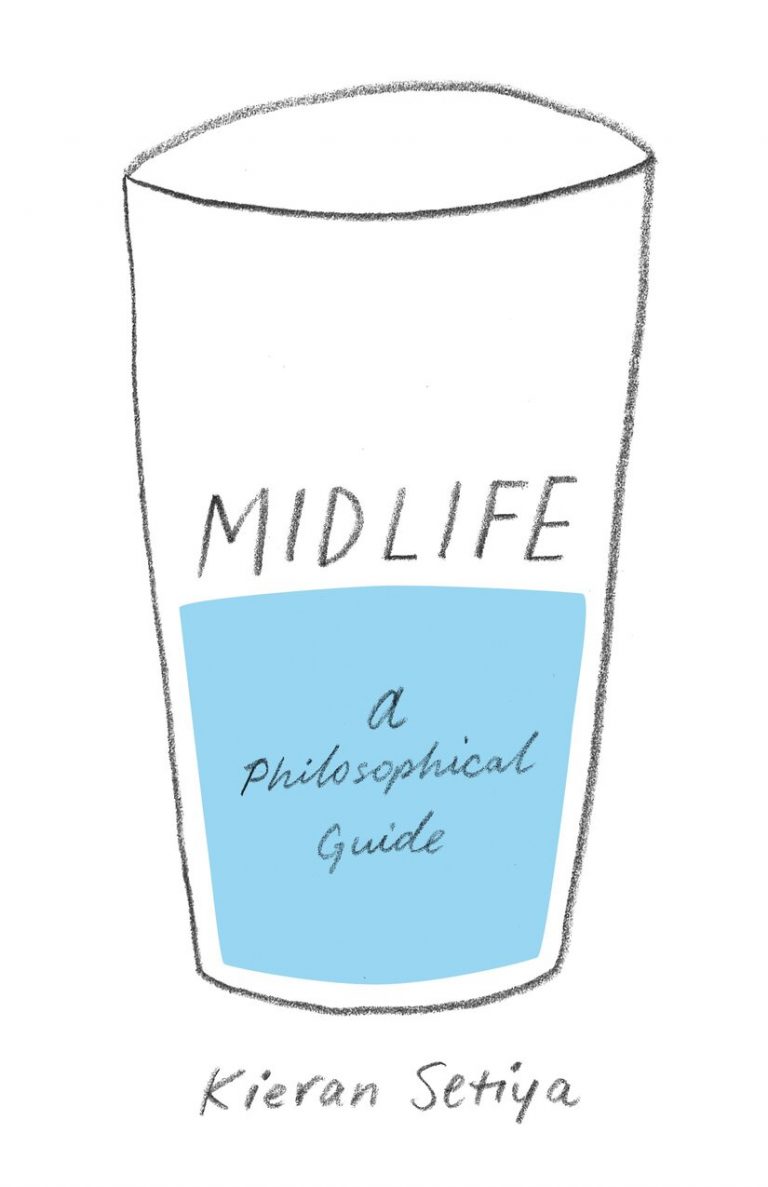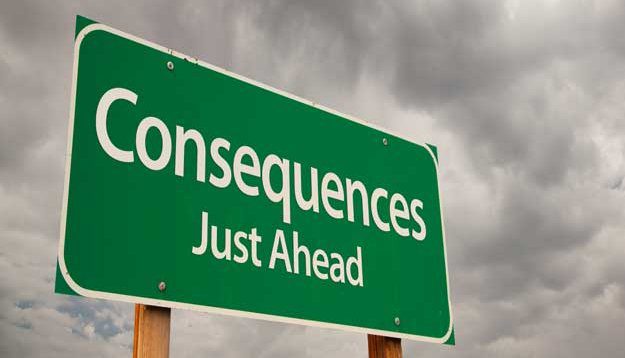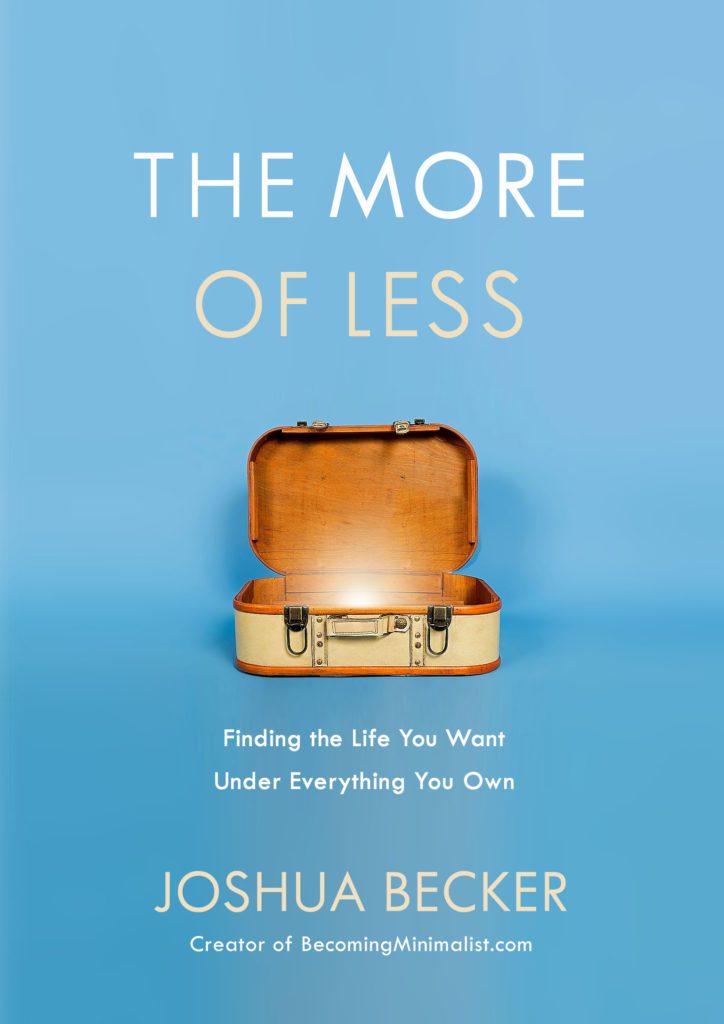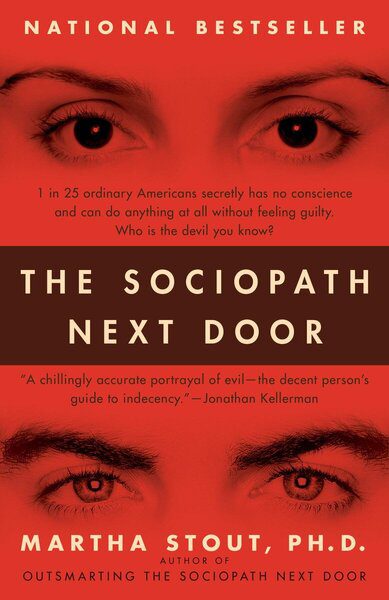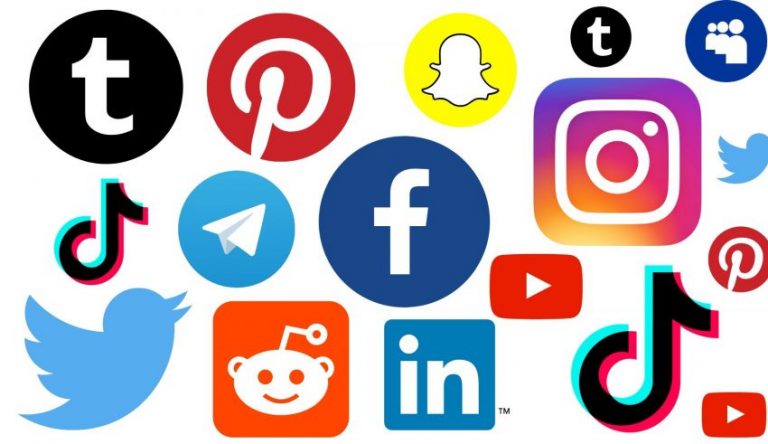In It Didn’t Start with You: How Inherited Family Trauma Shapes Who We Are and How to End the Cycle, author and Director of The Family Constellation Institute, Mark Wolynn builds on the work of leading experts in post-traumatic stress, including Mount Sinai School of Medicine neuroscientist Rachel Yehuda and psychiatrist Bessel van der Kolk, author of The Body Keeps the Score.
It Didn’t Start with You offers a pragmatic and prescriptive guide to his method, the Core Language Approach. Diagnostic self-inventories provide a way to uncover the fears and anxieties conveyed through everyday words, behaviors, and physical symptoms. Techniques for developing a genogram or extended family tree create a map of experiences going back through the generations. And visualization, active imagination, and direct dialogue create pathways to reconnection, integration, and reclaiming life and health.
Unconsciously, we relive our mother’s anxiety. We repeat our father’s disappointments. We replicate the failed relationships of our parents and grandparents. Just as we inherit our eye color and blood type, we also inherit the residue from traumatic events that have taken place in our family. Illness, depression, anxiety, unhappy relationships, and financial challenges can all be forms of this unconscious inheritance.
